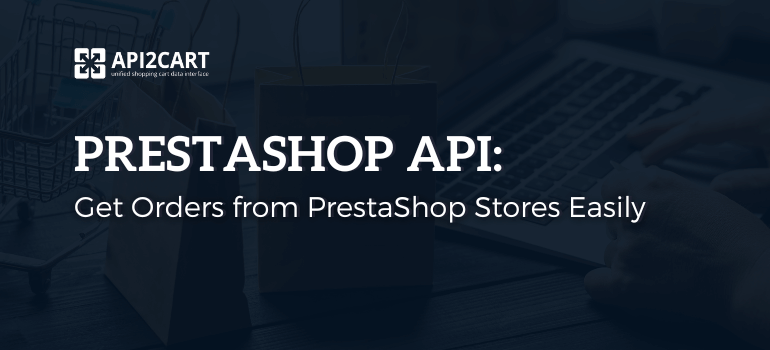
Importing order processing through marketplaces is a crucial component that affects many eCommerce applications, including order handling/inventory software, ERP, shipping programs, etc. While it may be complex, this stage is crucial for smooth operations and excellent production output.
For this purpose, the software should integrate with various online marketplaces like Amazon, eBay, and Walmart.
This article discusses how it is possible to import orders from a marketplace.
What Order Data Can You Get From Marketplaces
Data is obtained concerning marketplace orders in a large magnitude, including multiple factors that could be used in different ways for various purposes in the business.
Here is the detailed description of order data that can be retrieved from marketplaces:
- Information about consumers – first and second names of consumers, id, email addresses, telephone numbers, etc.
- Postal code, addresses, telephone number, city, the country, state, company, and website (if available).
- Payment and shipping method
- Details about ordered products – order ID, name, price, quantity, etc.
Besides the data above, marketplaces provide numerous other order information that may be incorporated into the system.
You need to establish links with every store and have them send you all the data from the orders placed through numerous marketplaces from the respective online shops. Nevertheless, many issues associated with this developmental process must be appropriately handled.
Implementing Software Features with Imported Order Data
Many software suppliers have to load order data into their e-stores because of built in features or plug ins. With such information, they are able to provide inventory synchronization, order status notifications, product recommendations, and so forth. We shall highlight some common attributes of orders.
With regard to online merchandise, a synchronization of inventory levels firstly is vital. The provision of real-time inventory synchronization involves software integration with shopping platforms as well as marketplaces. It must meet the criteria of importing order data as well as syncing with multiple sales channels, including product details.
Moreover, emails are addressed personally to e-store clients. Through marketing automation software, personalized email can be created from order, customer, and product data. Such emails comprise new products, discounts, offers, and recommendations, depending on the products users have put in their carts.
In addition, any order management solution that software vendors have proposed should also have the capacity to monitor and notify customer order statuses.
The Challenges of Order Importing
To make more potential clients, eCommerce software developers need to include a few marketplace integrations into their applications. On the other hand, building numerous integrations for marketplaces takes work.
Through this, ecommerce B2B software generates orders from different sales channels, such as integrating with various shopping platforms and marketplaces.
Every shopping platform or marketplace has its way for storing the order information for software providers to get it easily. It is about more than just adjusting to new releases in a marketplace; even updating your software can become very costly if you don't have a dedicated developer on your payroll.
Easy Ways to Import Orders from Marketplaces
The process of retrieving orders from various markets is quite demanding. Nevertheless, proper equipment would make importing orders an easy task. Among all other tools, one is API2Cart, which helps you connect with different eCommerce platforms and marketplaces like Amazon, eBay, etc.
You can retrieve the orders, products, customers, and shipment information once you are connected to API2Cart. You are eligible to enjoy a free month's trial.
With this, it is possible to synchronize orders using API2Cart's API methods. For instance, you can receive orders from, among other options, Shopify or Amazon and have them be synchronized between different platforms, including both.
With API2Cart, you can get all orders from a particular time frame available at different marketplaces.
Unique e-store orders can be easily tracked with the help of the order.list method. Moreover, users can quickly sort orders by ID, store ID, customer ID, order status, order ID, and shipping provider using this approach., and time parameters such as create_from, created_to and modified_from, modified_to.
Using this technique will enable you to automatically import orders without having to manually get them on a day-to-day basis. Order import can be automated, which saves time and minimizes mistakes.
Also, you can use one more method:
Your application will get information about new orders that have been entered through establishing webhooks towards order.add activity. Also, webhooks supply near up-to-date notices, decrease the strain on a website server as compared to pulling up-to-date data manually, and cut down time. They call only when they have something relevant to send, avoiding unnecessary API calls.
Importing the order data from the client's store is done with the help of APIs available with free registration in the API2Cart account. We have got you covered with our API Docs.
We have a round-the-clock customer care service responding to your queries. You are welcome to contact us should there be additional help required.



